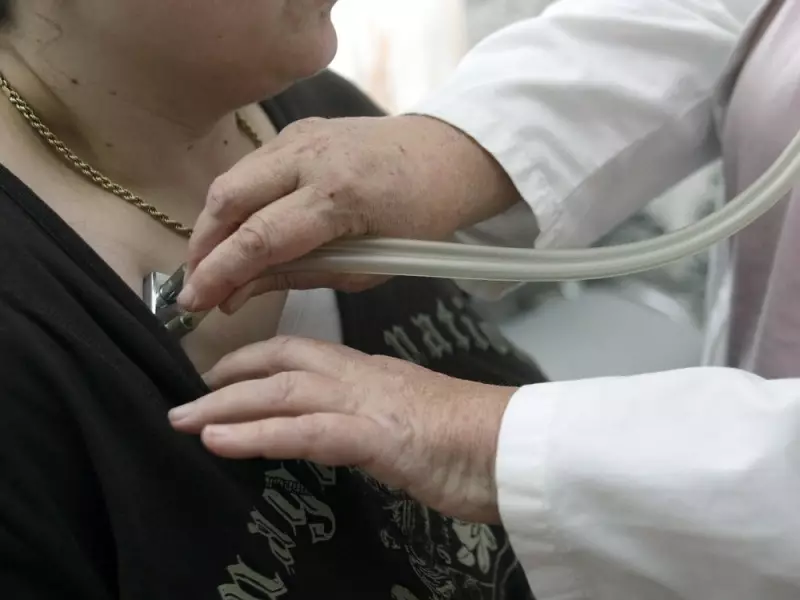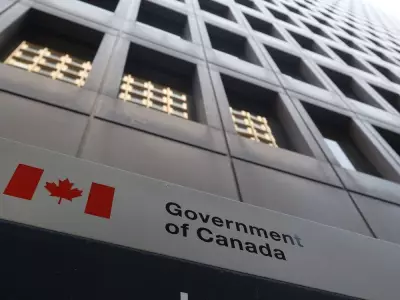
As tensions escalate between medical professionals and the Quebec government, a disturbing trend has emerged where physicians choosing to leave the province or retire early are being unfairly characterized as selfish and financially motivated.
The Backlash Against Departing Physicians
The decision by numerous doctors to uproot their lives and practices has sparked personal offense among some Quebec residents and government officials. These critics view the departures as ingratitude toward the province's substantial investment in medical education. However, this perspective dangerously conflates appreciation with servitude.
Medical schools in Quebec receive significant public funding, similar to other specialized fields like engineering, dentistry, and advanced sciences. Every university degree in the province benefits from taxpayer support through provincial and federal funding mechanisms.
Unrealistic Expectations of Medical Professionals
There exists a peculiar moral standard applied to healthcare professions that expects unlimited self-sacrifice. This Florence Nightingale-inspired idealism appears to increasingly affect medicine as the field becomes more feminized. The resentful reaction to doctors' reasonable expectations reveals a troubling double standard.
Medical professionals face criticism for considering factors like fair compensation, work-life balance, and labor mobility in their career decisions. Society often expects physicians and nurses to demonstrate all-encompassing altruism that prioritizes others above their own wellbeing.
The Reality of Medical Practice in Quebec
Doctors across Quebec are experiencing alarming rates of burnout driven by multiple factors: excessive workloads, critical staffing shortages, inflexible working conditions, overwhelming administrative burdens, and demoralizing government policies. The medical principle of "first do no harm" should logically extend to protecting physicians' own mental and physical health.
Becoming a doctor typically requires four years of medical school followed by two to seven years of residency training, depending on specialization. The path demands academic excellence, long and irregular hours, and in Quebec's case, French language proficiency. Quebec recognizes fewer international medical degrees due to language requirements, making departing physicians particularly difficult to replace.
These highly sought-after professionals, actively recruited by other markets, are unlikely to tolerate bullying and disrespect—especially while supporting a healthcare system facing $1.5 billion in budget cuts. The same individuals celebrated as "guardian angels" during the pandemic now face criticism for prioritizing their health, families, and financial stability.
The conflict extends beyond financial concerns to fundamental respect and working conditions. Physicians report feeling constantly undermined and micromanaged while navigating a system with diminishing resources, inadequate staff, and insufficient patient time. The government cannot repeatedly demand doctors accomplish more with less while penalizing them for systemic failures.
For Quebec residents already struggling to access healthcare—including many without family doctors—the situation creates understandable anxiety. However, when medical professionals warn that Bill 2 will exacerbate healthcare access problems, their firsthand experience deserves more credibility than heavy-handed legislation that ignores front-line realities.
The exodus of Quebec physicians represents more than individual career choices—it signals a healthcare system in crisis that fails to uphold the Hippocratic principle for the very professionals sworn to uphold it for others.





